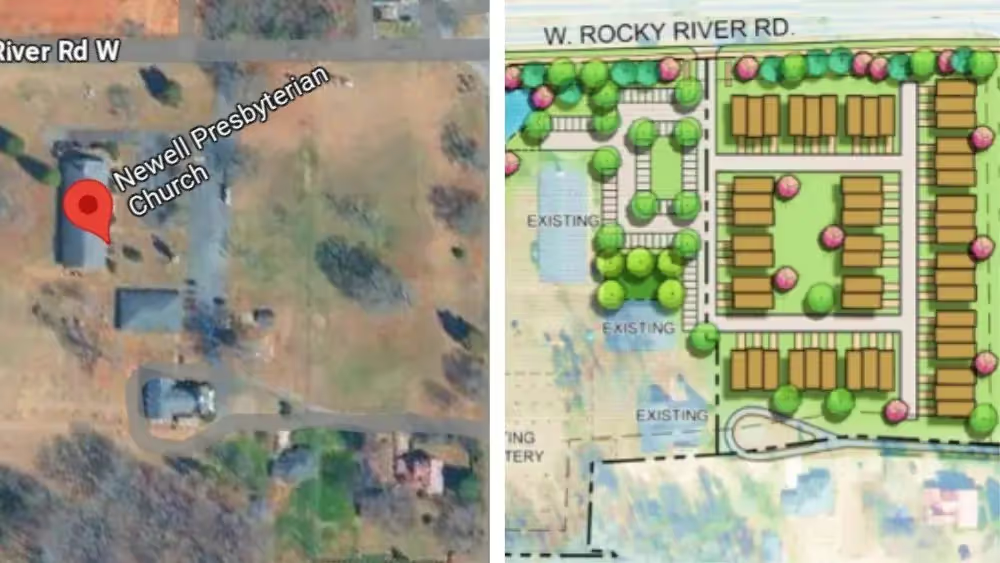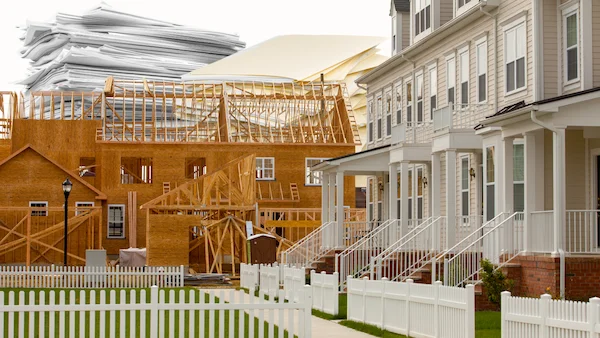Charlotte, North Carolina, is in the middle of a housing crisis. Rents are rising faster than wages, and many residents are being priced out of the neighborhoods they’ve long called home. In the face of this pressure, one unexpected group is stepping up to help: churches.
At Newell Presbyterian Church, Pastor Matt Conner realized that good stewardship meant more than keeping the lights on. “The more time I spend in my office,” he said, “the less effective I am at my job.” His congregation may be small—less than 100 members—but they hold a big vision: transforming their underutilized 10-acre property into a new neighborhood of 50 affordable townhomes.
“For a church of less than 100 members to sit on about 10 acres with three buildings, when all of it is underutilized, is just not good stewardship,” Conner explained. “We realized that we were called to do something different with it.”
That calling led them to a partnership with a development team on a $15 million project. The goal is to provide homes that working families can actually afford—homes that could help stabilize households and communities. “Being able to have affordable housing is a really meaningful way to be able to change the trajectory of your church,” Conner added.
This church isn’t alone. Across Charlotte, more faith communities are asking how they can use their land and their calling to meet the needs of their neighbors. Little Rock AME Zion Church has already built 105 rental apartments—half of them income-restricted.
“I don’t believe we can build our way out of this crisis,” Conner said. “But we felt called to do our portion.”
What You Can Do
If you’re a city leader, ask how zoning and permitting processes could better support churches and other local organizations working on small-scale housing. If you’re part of a congregation, look around: Is there land you’re not using? Could your mission extend beyond the walls of the sanctuary?
Charlotte’s housing crisis won’t be solved by one church or one project. But if enough congregations follow this example—grounded in faith, rooted in their community—the path forward could start to look a little more hopeful.
This is what a Strong Town looks like. Local groups using what they already have, guided by a deep sense of place and purpose, to meet real needs. One small step at a time.




.webp)
.webp)